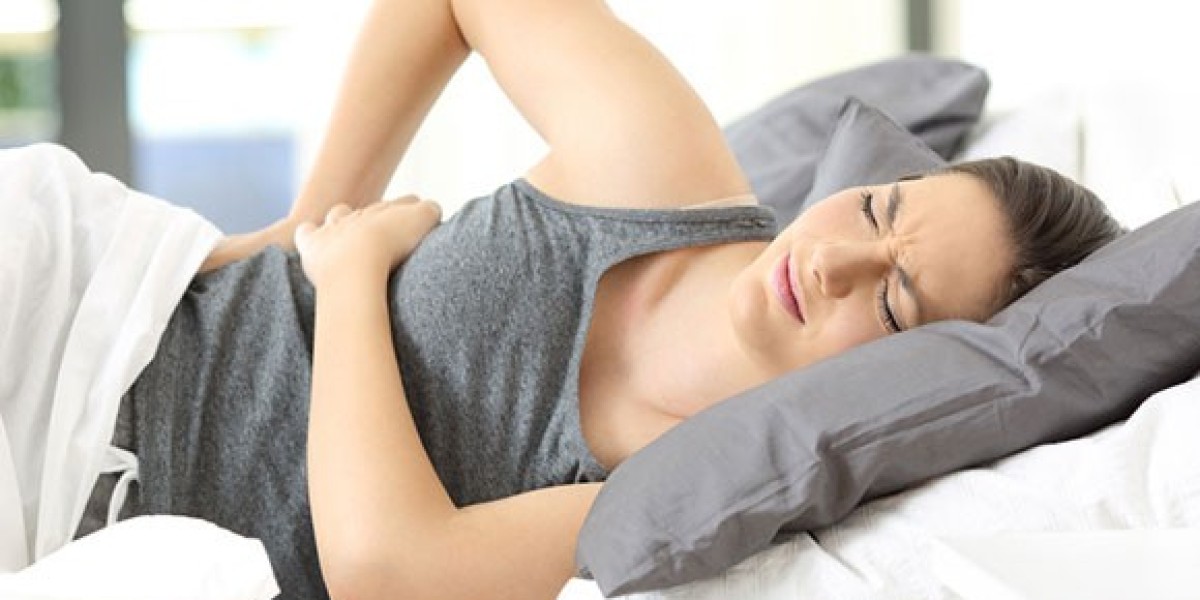Sleep is a natural analgesic (pain reliever) and a good nights sleep can improve ones ability to tolerate pain. For some chronic pain patients, the only respite is when they are sleeping, and loosing this luxury can have adverse consequences.Amount of sleep required by an individual varies depending upon many factors including age, but most adults require between 7 to9 hours a night, although it can range from 5 to 10 hours. Healthy sleep comes in waves during the night and every night we cycle 46 times, through different stages of sleep- light sleep, deep sleep and REM (rapid eye movement) sleep. Usually we wake up after the REM stage. If pain disturbs the sleep, we end up spending too much time in light sleep reducing the REM sleep and this may result in increased pain sensitivity.
Inadequate sleep also produces other related issues such as
Fatigue or low energy levels
Advert effect on immune system and
Hormonal balance especially the ones regulating out appetite
Sleep is related to many other medical conditions such as obesity, Alzheimers disease, depression, diabetes and cardiovascular disease
So, what can a chronic pain sufferer do to ensure that sleep does not become a problem?
This impact can be reduced by strict discipline and simple measures which are collectively addressed as Sleep hygiene. Simply stated these are behaviours that can promote good sleep. You can divide these into three broad headings
Measures intended at REDUCING STIMULATION
Promoting a COMFORTABLE SLEEPING ENVIRONMENT
Forming a HEALTHY SLEEP ROUTINE
Reducing Stimulation
The underlying logic is simple brain needs to wind down and be in a calm state before one can go off to sleep so anything that stimulated the brain can be counterproductive.
Do not watch TV use tablets or mobile in bed.Besides stimulation these can be counterproductive in other ways as well. When one used these gadgets in bed brain starts associating the bed with being awake which is not helpful. Bed is for sleeping and the brain should associate bed with sleep, like when we go to a religious place the environment and our thoughts are in a certain direction similarly the association of bed should be with sleep
Stop drinking caffeine, tea, sodas 6 hours before sleep time.It is equally important to avoid heavy, sugary and fatty foods before bed. Alcohol should be avoided in evening as although it may help one to fall asleep but often the sleep is disturbed a few hours into the night
Avoid substances that may interfere with sleepsuch as cigarettes, alcohol and even certain medications can have an adverse impact on the sleep. Medications such as steroids can be stimulation and are best avoided close to sleep time. Alcohol should be avoided in evening as although it may help one to fall asleep but often the sleep is disturbed a few hours into the night
Dont stay in bed awake for more than 510 minutes. If your mind is racing and flooded with thoughts it is better to get out of bed and sit in a chair in the dark until you are sleepy, and then return to bed.
Comfortable Sleepining Environment
Have a quiet, comfortable, conducive environment can go a long way in promoting sleep. It is a good idea to reduce the light, noise and bedroom temperature.
A little cooler is better than a little warmer temperature as it helps one to fall asleep.
Darkness can increase the levels of the hormone melaton in that promotes sleep.
Relaxing music or soothing sounds such as gentle waves can help one fall asleep.
Environment includes having a comfortable bed and mattress. Extra pillows can help to get painful joint is a comfortable position.
Healthy Sleep Routine
Have a regular sleep routineand go to bed, wake up at the same time every day. Often people tend to wake up late or take naps in the middle of the day on their off days and this can be counterproductive.
The amount of sleep one needs is fixed and when you lie in bed for extra time you may experience difficulty falling asleep that night , leading to accumulation of sleep deficit with difficulty waking up the next day. This is often the reason behind the low energy , fatigued Monday starts.
Have a pre-bedtime routine. This can help wind down and calm down the brain before bed. Half an hour spent before bedtime in meditation, deep breathing or a warm shower can be quite helpful. When done regularly these pre bedtime routines help the body, brain prepare for sleep and expect it.
Regular exercisescan be helpful, however it is a good idea to avoid heavy exercises two to three hours before bedtime.








